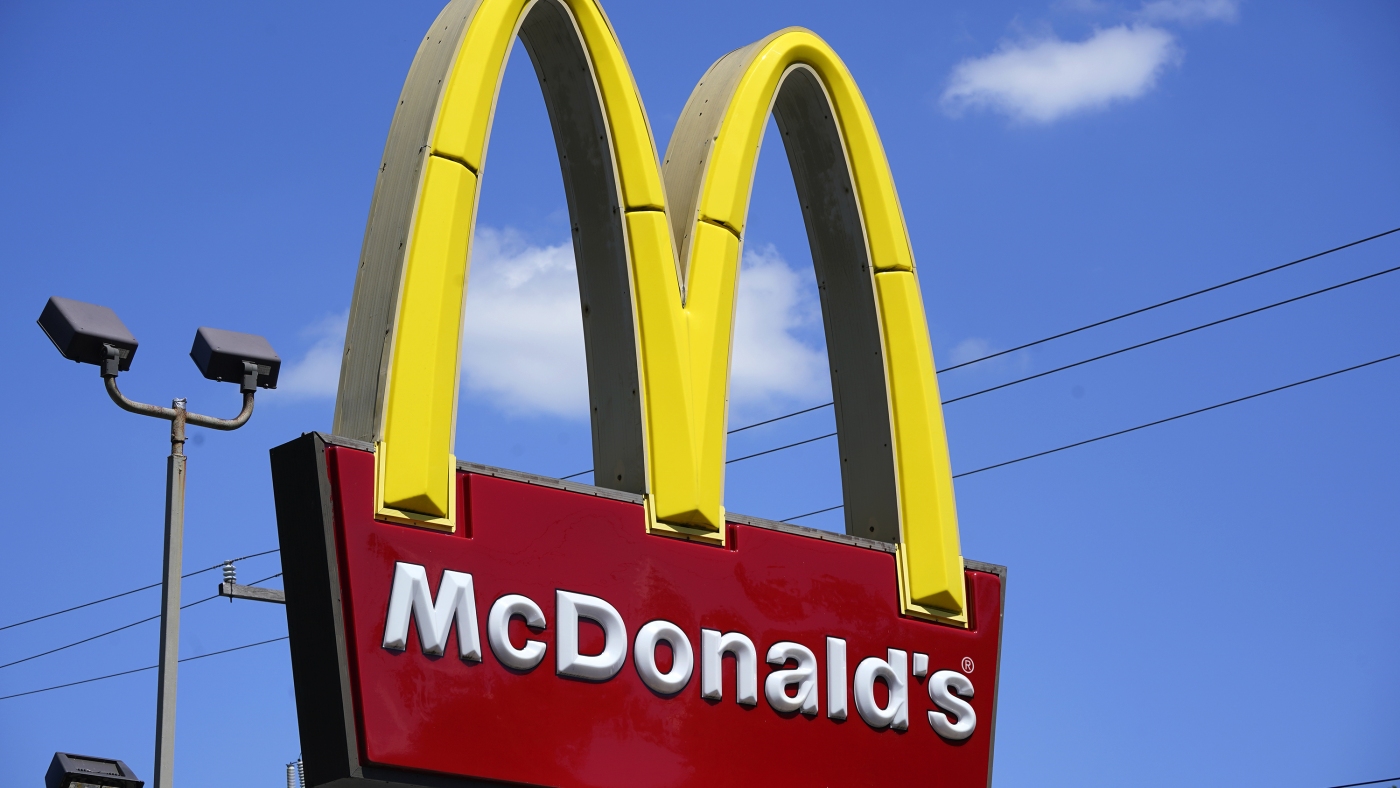A notorious Jan. 6 defendant’s pardon request could end up exposing Trump’s big lie
As millions of Americans greet the beginning of the second Trump presidency with dread or even panic, one group of people is filled with hope that their lives will be transformed for the better. Many of the insurrectionists who stormed the Capitol four years ago and are still serving time for their crimes believe Donald Trump will deliver them to freedom. After all, what kind of country would this be if you can wind up in prison for nothing more than trying to overthrow the government?
That hope for deliverance is no doubt being felt by most, if not all, of the more than 1,500 insurrectionists who have been charged with crimes in connection with the events of Jan. 6, 2021, over 1,250 of whom have pleaded guilty or been convicted at trial. And perhaps no one is putting more stock in a Trump pardon than Enrique Tarrio, the former leader of the Proud Boys, who helped plan and coordinate the insurrection.
In 2023, Tarrio was given the longest sentence of any participant, 22 years in prison. His lawyer formally requested a pardon from Trump on Monday, writing that Tarrio is “a proud American that believes in true conservative values” and “a young man with an aspiring future ahead of him.”
Trump has said many times that he intends to pardon the insurrectionists; what we don’t know yet is just how far he’ll go. Will he pardon only those charged with nonviolent offenses? Or will he give a blanket pardon to all of them, as some of his supporters demand?
Not even all Republicans are willing to go that far. But a blanket pardon would be the logical conclusion of Trump’s four-year attempt to rewrite the history of that horrific day. His strategy on that score was as straightforward as it was effective. He simply said, over and over, that the insurrection was not a crime or a coup but something righteous and gallant. It was “a day of love,” and the violent thugs who carried it out were patriots and heroes, the ones now jailed for their crimes actually “political prisoners.” During the campaign, Trump proclaimed that one of his first acts if he won would be to free the Jan. 6 “hostages.” His rallies began with a recording of jailed insurrectionists singing “The Star-Spangled Banner.” Through this repetition, he made it clear to every Republican officeholder and media figure that they, too, were expected to repeat the fantasy version of that day, which many dutifully did.
Before long the Republican masses believed it — after all, it was what they were being told by the public figures they admired and trusted. Even if they didn’t all buy the most deranged versions of the right-wing account — that the coup was a setup by the FBI, a conspiracy theory touted at times by Tucker Carlson and Kash Patel, Trump’s choice to now lead that very agency — at least they came around to concluding it was nothing to be worked up about. According to a recent CBS News poll, 72% of Republicans now say they would approve of Trump’s pardoning the insurrectionists.
According to the Justice Department, 13 leaders of the Proud Boys and the Oath Keepers have been charged with seditious conspiracy over the coup attempt. Another 379 have been charged with felonious assault. The rest — over 1,000 — have been charged with crimes that amounted to being part of the riot, acts like unlawful entry and civil disorder.
Trump could decide to pardon only those convicted of nonviolent offenses. But that wouldn’t provide quite the exoneration — not just of them, but of Trump himself — that he has really claimed. If Trump leaves out the violent criminals in his pardons, it would mean acknowledging that there was, in fact, an extraordinary amount of violence. A blanket pardon, on the other hand, would sew up the narrative as he would prefer: The election was stolen from him, then his supporters protested, then they were persecuted for exercising their constitutional rights, and in the end he liberated them.
So will he pardon Tarrio, and along with him Stewart Rhodes, the leader of the Oath Keepers, who was sentenced to 18 years in prison after he was convicted of seditious conspiracy for his role in orchestrating the insurrection? Will he do the same for Daniel “D.J.” Rodriguez, who was sentenced to 12 years for assaulting police officers with a fire extinguisher and a wooden pole and drove a stun gun into the neck of a Capitol Police officer? How about Peter Schwartz, who assaulted officers with a chair and pepper spray? Or Thomas Webster, who wielded a flagpole in the attack and ripped a gas mask off an officer’s face?
There’s little reason to believe Trump thinks anyone involved in the insurrection did anything wrong and should suffer consequences; they were there serving his cause, so they must be blameless. And there is precedent in Trump’s record for a blanket pardon: On his way out of office four years ago, he pardoned or commuted the sentences of a boatload of hoodlums who had committed crimes either on his behalf or in his employ.
Most important of all, blanket pardons would be the completion of Trump’s attempt to turn the insurrection from a failure into a success. Indeed, one might consider it that way already. Trump and his acolytes tried to overturn an election by various criminal means, and in the end they got what they wanted, even if it took four years. Trump will now return to the White House in triumph. All that’s left is to wipe away the consequences for those who tried to put him there through violence.
This article was originally published on MSNBC.com
Source link



